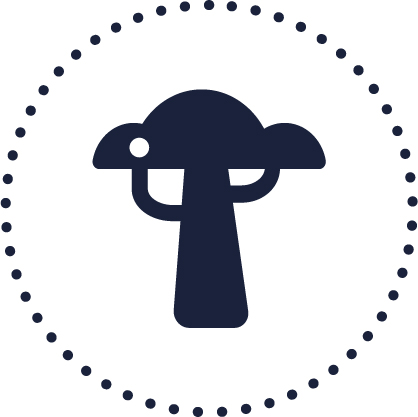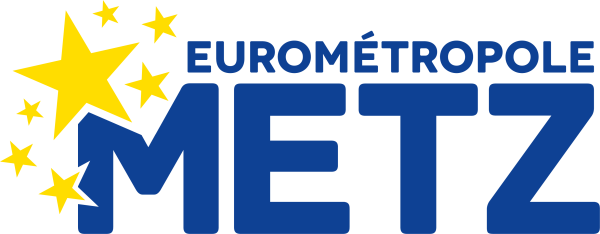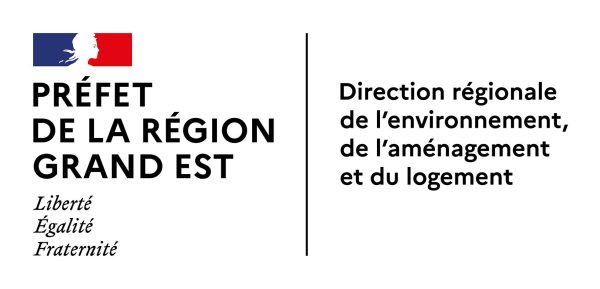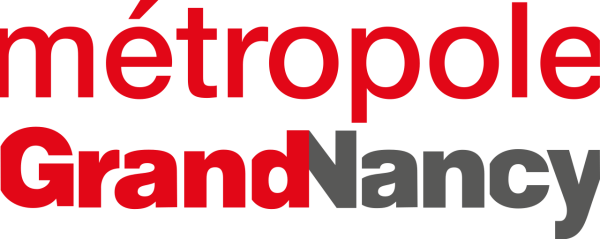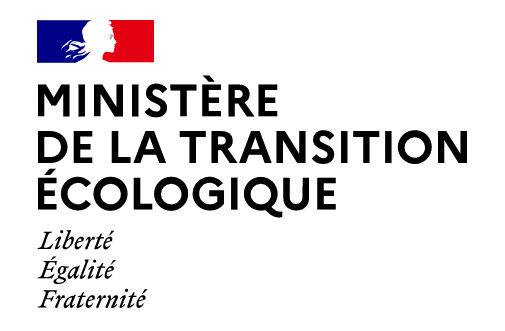SESAME, planting without crashing
Metz is a CITY of 42 ha located in the North East of France. With its 117,000 inhabitants, it is the most populous CITY in Lorraine and the third most populous in the Grand Est.
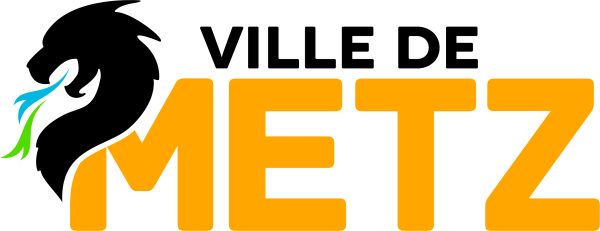
Overview of the project
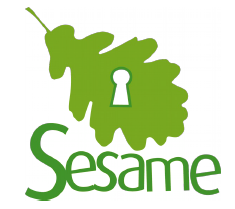
The SESAME study, initiated by the City of Metz, examines the ecosystem services provided by 250 species of trees, shrubs and climbing plants, particularly in terms of air quality, support for biodiversity, regulation of the local climate, carbon sequestration, living environment and landscape, regulation of runoff, soil retention, provision of food and adaptation to climate change. The study also takes into account the allergic risks and physical constraints generated by the plants (size, superficial roots, brittle branches, fruit that can cause damage, etc.).
The study should lead to the creation of a digital tool intended for cities, local authorities and developers to help them make decisions regarding the choice of species for any tree, shrub or climbing plant project.
The tool aims to be free, widely shared and reproducible according to the territories and climates (adaptation to local species).
SESAME: Study of the EcoSystemic Services rendered by Trees, modulated according to the species.
Ongoing research
03/2018 - projects still in progress.
A Sesame test area has been created in Metz along a busy road that absorbs between 4,000 and 9,000 vehicles per day. Over an area of 4,000 m², around one hundred trees and shrubs of 14 different species were planted at the end of 2020.
An air quality monitoring association and a specialised consultancy firm have been asked to determine the impact of this vegetation on the surrounding air quality and therefore on the health of people living nearby.
The pollutants measured during this study were nitrogen dioxide (NO2), fine particles (PM10), heavy metals and polycyclic aromatic hydrocarbons (PAH). In addition, biodiversity monitoring was carried out on this site.
A tool in the form of an Excel spreadsheet has so far been developed, as well as species sheets.
They currently make it possible to select trees, shrubs and climbing plants according to the services expected and the constraints to be avoided from a panel of 85 species at present.
Eventually, more than 250 species will be included in this decision-making tool intended for cities, communities, individuals and developers.
It will provide assistance in designing their tree, shrub and climbing plantation projects.
This tool, which will take the form of a digital application, will be free of charge and can be reproduced according to territories and climates (integration of local species).
Exclusively public funding.
organisation
Metz is a city of 42 ha located in the North East of France. With its 117,000 inhabitants, it is the most populous city in Lorraine and the third most populous in the Grand Est. Since 1 January 2018, it has been one of the 44 citys of the Metz Eurometropolis.
https://metz.fr/projets/
in collaboration
– Plante & Cité.
– ADEME.
– Fredon France.
– IGN.
– MNHN.
– AgroParis Tech.
– University of Besançon.
– Botanical Gardens of the Metropolis of Greater Nancy.
– University of Lorraine.


